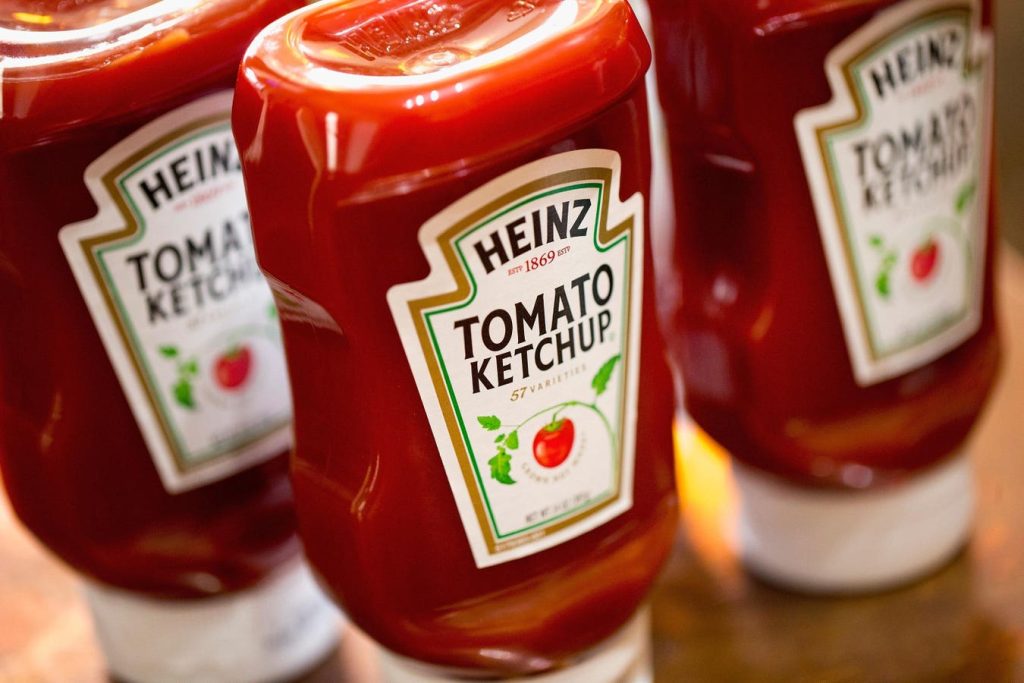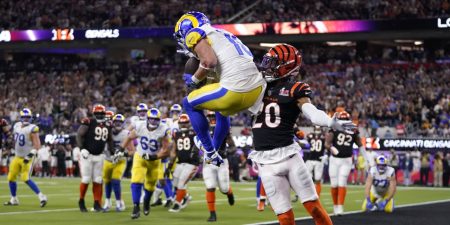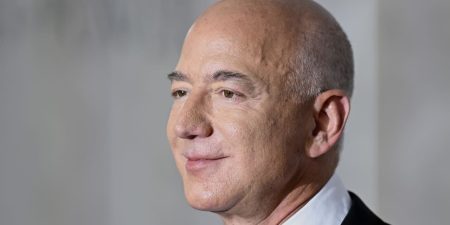I believe that the value approach to investing is in the early stages of a comeback, after a decade in retreat.
Roughly speaking and oversimplifying, value was usually a good stock-picking method from 1930 to 2013. Since then, growth and momentum investors have smiled, while value investors have wept.
A stock is a value if its price is low compared to some measure of its intrinsic worth. Book value, earnings, and revenue are the three most common measures.
Once a year, I write about stocks that look great based on the price-to-book value ratio. Book value is a company’s net worth – the sum of its assets minus the sum of its liabilities.
Beginning in 1998, I’ve written 24 columns about stocks selling at or below book value. My previous picks have averaged a 12-month return of 18.2%%. That decisively beats the Standard & Poor’s 500 Index, which was up 11.9% per year on average.
Bear in mind that column results are hypothetical and shouldn’t be confused with results I obtain for clients. Also, past performance doesn’t predict the future.
The tabulation of past results includes a column I wrote in 2009, which was mistakenly omitted from previous tabulations. That year, my picks were up 70.7%, led by Dow
DOW
Here are five new picks of stocks I like, selling for book value per share or less.
Kraft Heinz
Kraft Heinz Co. (KHC), which makes the ketchup you use and the macaroni and cheese your kid eats, is selling for only 82% of book value. I consider anything under 2 times book to be reasonably priced and anything under book value to be cheap.
The stock has done poorly since 2017, and is down about 19% this year. But it increased its earnings by almost 12% in the past four quarters, has well-recognized brands (Kraft, Heinz, Velveeta, Philadelphia) and is held by Warren Buffett, who is widely considered the best living U.S. investor.
Also, Kraft Heinz yields about 4.8% in dividends, which is nothing to sneeze at.
Capital One
COF
COF
Capital One Financial Corp., best known as a major credit-card issuer, is selling for 74% of books value. I think that people fear a rise in credit-card delinquencies. A rise is indeed in progress, but it’s not bad so far, and Capital One has fewer delinquencies than many of its competitors.
Based in McLean, Virginia, Capital One is the 12th largest bank in the U.S. ranked by assets, and the third-largest credit-card issuer. It is also a major auto lender.
For banks, I like to see a return on assets above 1%. Capital One has been in my preferred zone in 11 of the past 15 years.
This is a repeat pick from last year.
Gates Industrial
A mid-sized stock that looks interesting is Gates Industrial Corp. (GTES). Headquartered in Denver, Colorado, the company makes power-transmission and flow-control equipment. It has an all-star customer list including Chevron
CVX
GE
Gates has been profitable eight years in a row, with handsome profits some years and mediocre ones in others. The stock sells for just under book value.
Topgolf Callaway
Topgolf Callaway Brands Corp. (MODG) was formed by the merger in 2020 of Callaway Golf Co. and Topgolf Entertainment Group. The company, which hails from Carlsbad, California, is the world’s largest maker of golf clubs and sells in some 70 countries.
The stock has been cut in half in the past five years, and now sells for about $10 a share, which is only half of book value. The Altman index, a measure of bankruptcy risk, puts the company in the “distress” zone.
This is a high-risk situation, but I think the company will survive and might thrive. Golf has enduring appeal, and Callaway has managed 6% annual average revenue growth over the past decade (close to 9% last year).
Select Water
A small stock that intrigues me is Select Water Solutions Inc. (WTTR), out of Houston, Texas. It offers water treatment and recycling for customers in the energy industry. Among its customers are ExxonMobil
XOM
DVN
OXY
Earnings have been spotty, but seem to be in an uptrend. The stock sells for exactly book value.
Last Year
My low-price-to-book picks from a year ago fizzled, due mostly to a 27% loss in Fulgent Genetics Inc. (FLGT). Capital One lost 4%. On the plus side, WestRock
WRK
The net result was a loss of 1.08%, while the Standard & Poor’s 500 Total Return Index gained 13.42%.
Disclosure: Jingshu Zhang, a portfolio manager at my firm, owns Kraft Heinz personally and for his clients, and Capital One personally.
Read the full article here















